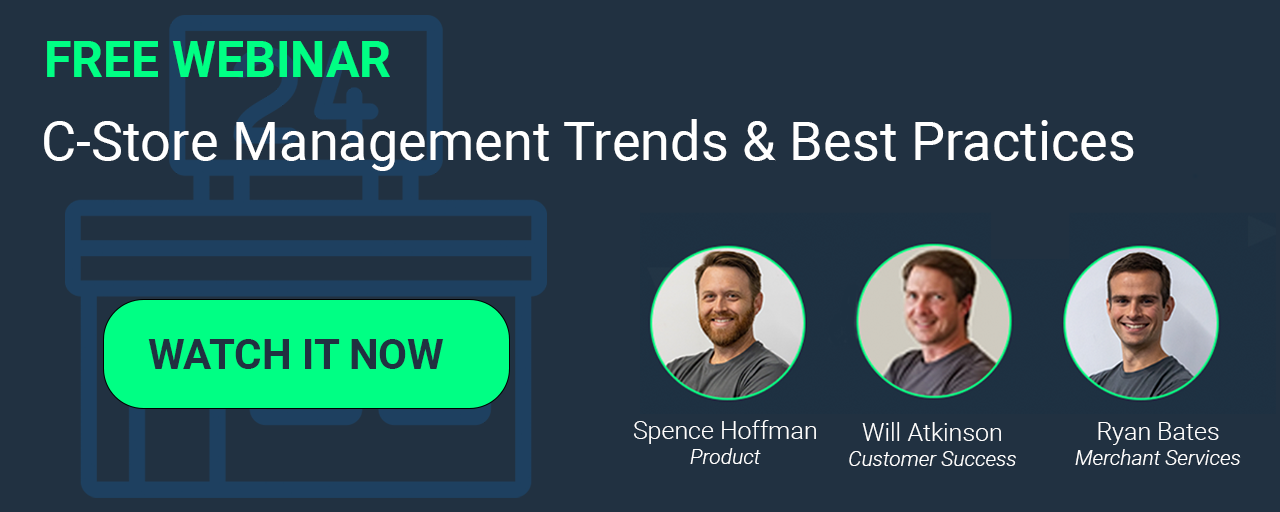Opening a bodega — a welcoming, community-focused convenience store — can be a fulfilling business venture. If you're wondering, “how much does it cost to open a bodega,” you're already on the path to creating a local go-to spot for everyday essentials.
In this blog, we’ll break down everything you need to get your bodega up and running — from assessing startup costs and insurance options to integrating new technology like a point of sale (POS) system.
Let’s get started.
1. Rent and Utilities
Rent is often one of the largest ongoing expenses when considering the cost of opening a bodega. For those exploring how to open a convenience store, understanding rent formulas is crucial. Use this simple formula to estimate your monthly rent if considering a 1,000-square-foot space.
total square feet x price per sq. ft. ÷ 12 (months) = monthly rent
For example, if the rent is $30 per square foot annually, the calculation is 1,000 x $30 ÷ 12 = $2,500 monthly. Add utilities, like water and electricity, which can exceed $1,440 annually for $1,000 sq ft, and you’re looking at a few extra hundred per month.
This doesn’t include potential additional landlord charges, like common area maintenance (CAM) costs, building insurance, and a share of the property taxes which vary based on the terms of your lease.
Is a prime location worth the premium? High foot traffic can justify the cost, but it’s important to weigh it against your budget.
2. Insurance Expenses
Unexpected events like fires, floods, theft, or injuries to employees or customers can happen when you least expect them. Business liability insurance helps cover property damage, lawsuits, and even accidents on your premises, giving you peace of mind.
Premiums typically start around $80 per month, but can increase depending on your location and coverage needs.
3. Licenses and Permits
You’ll need a business license, an occupancy permit to meet safety standards, and retail licenses for selling items like alcohol, tobacco, or food.
Costs vary widely, depending on local regulations and the required licenses. For example, a liquor license alone in California costs around $1,505 annually — if you sell more than one of these products, you’ll likely be paying thousands in fees. While it may seem like a lot of red tape, these requirements are essential for keeping your business legal and operating efficiently.
4. Store Renovation and Remodeling
Renovation is a key part of bodega startup costs when creating a functional and welcoming space. From painting walls to adding durable flooring, these upgrades are essential in any convenience store business plan.
The exact amount depends on the condition of the space and the extent of the work required, but typically costs between $30 and $300 per sq. ft. Investing in these updates upfront helps create a welcoming atmosphere that encourages customers to keep coming back and increases your revenue.
5. Essential Equipment
Every bodega needs essential equipment: refrigerators for drinks, shelving for snacks, and storage for the back room. Commercial refrigerators can cost $500 to $5,000 per unit, and shelving can cost $400 or more per set.
If your space allows for five refrigerators and 10 shelving units, you could be looking at about $29,000. Quality equipment lasts years, so think of this as an investment in efficiency and durability.
6. Initial Inventory
What’s a bodega without fully stocked shelves? From snacks and beverages to fresh produce and specialty items, your initial inventory sets the tone for your store. Plan to budget around $20,000 for your first order, depending on your product variety. While it’s a big upfront expense, a well-stocked store is essential for attracting and retaining loyal customers.
You’ll need a point of sale (POS) system to replenish your shelves and manage your barcode system. Basic POS options start at about $600 a year, but advanced features like intelligent ordering can increase the price.
7. POS System
When considering how much it costs to open a bodega, don’t overlook the importance of efficient inventory management and hassle-free customer payments. A reliable point of sale system is a must-have for any bodega owner, providing everything from a cash register and card readers to software that tracks stock and transactions.
Using separate tools can raise upfront costs and complicate operations, like managing separate credit card processing fees and unlinked inventory systems. Depending on the brand and capabilities, an all-in-one POS solution with integrated inventory and payment features can start at $49 per month.
Is it worth it? Absolutely. Your POS system serves as the central hub for running your business.
8. Security Systems
Your bodega needs constant vigilance to prevent theft and protect your investment. The solution? A dependable security system with cameras and motion sensors to monitor activity and deter potential issues.
Cameras typically cost around $400 each, while a comprehensive system with alarms, sensors, and remote monitoring can run several thousand dollars. A well-designed security setup keeps your store and inventory secure.
9. Employee Costs
To run a convenience store, you’ll likely need a few employees. Hiring even two people adds up quickly when you factor in wages, payroll taxes, and potential benefits. With average hourly wages for cashiers ranging from $11 to $15 per hour, your monthly payroll could fall between $4,500 and $8,000 or more depending on the location and the benefits offered.
For example, on $4,000 in wages, payroll taxes could add $300–$400/month. Health insurance and retirement contributions could add $500–$1,500 per employee per month, depending on the benefits offered.
So How Much Does It Cost To Open A Bodega?
It depends on your location, inventory, and the tools you use to manage daily operations. Your bodega can become the neighborhood’s go-to spot and a profitable business with thoughtful planning and a clear business plan.
We recommend starting with a modern point of sale system that takes the stress out of managing operations. C-Store POS simplifies inventory management, payment processing, and reporting for bodegas, giving you more time to grow your business and connect with your community.
Schedule a demo today to see how C-Store POS can turn your vision into reality.


